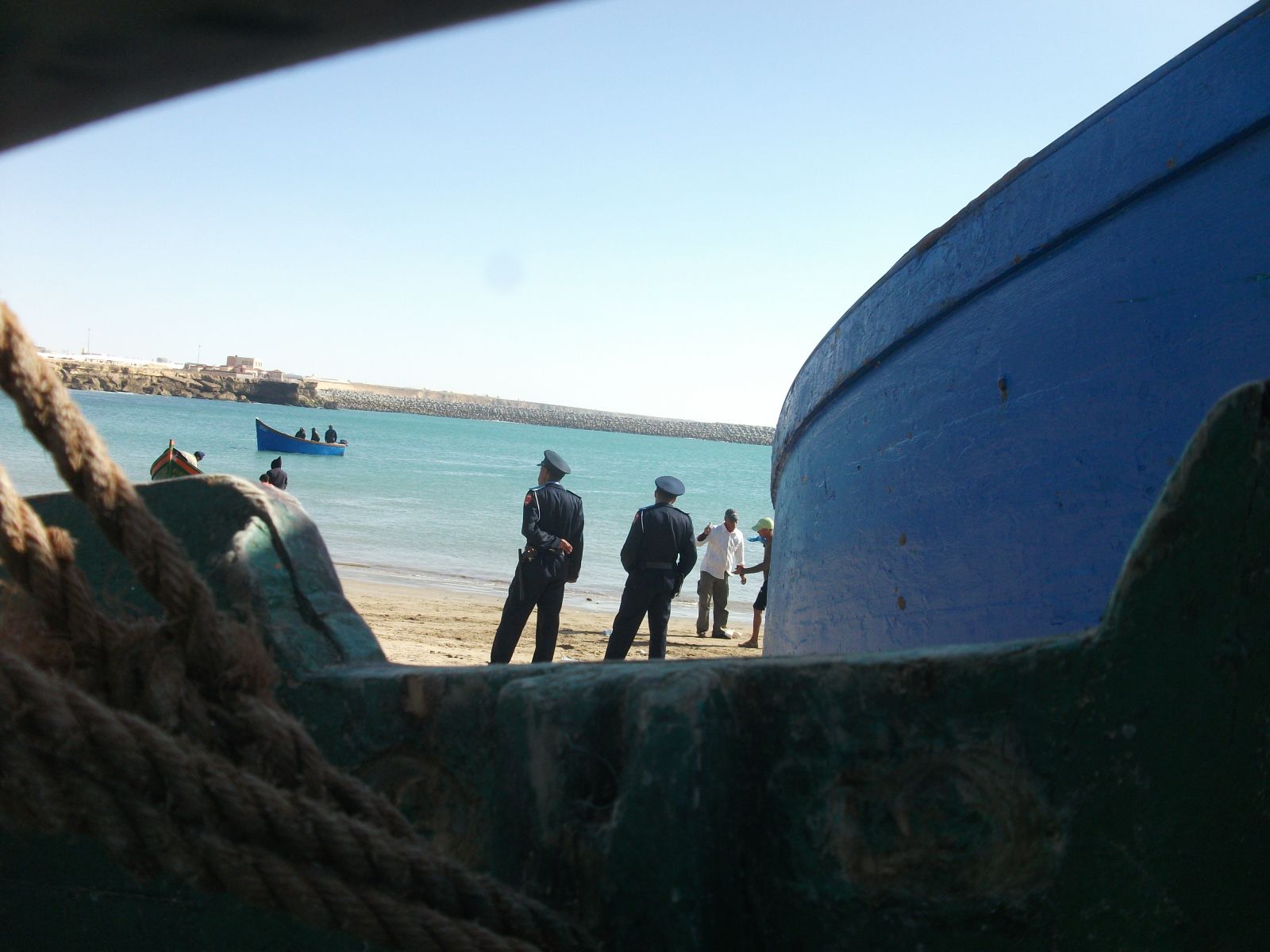For the third consecutive day, Saharawi fishermen have been protesting in the harbour of Boujdour, demanding the right to fish in their own waters. Since Monday, Moroccan police officers have been preventing the Saharawi from accessing their boats.
This is how wide you smile when you contribute to the continued illegal occupation of a country.
"We have still time to influence so that the waters offshore Western Sahara are left outside of the agreement", writes columnist Helena Olsson in Finland's largest newspaper, Helsingin Sanomat, on the unethical EU fisheries.
Morocco keeps exploring and marketing its uranium potential in Western Sahara, despite the fact it is in violation of international law.
In December 2010, the long term agreement between the Mexican phosphate importer Innophos and the Moroccan phosphate company OCP expired. The trade has been going on for 18 years, and it is not known whether arrangements have been made to continue the cooperation. The firm has not yet responded to questions WSRW sent in October regarding the unethical purchases from the occupied territory.
The firm Ballance Agri-Nutrients is busy this Christmas plundering the phosphate resources of the Sahrawi people.
Members of the European Parliament in Brussels who defend the illegal fisheries agreement offshore Western Sahara, did not want to explain their position to Swedish national radio.
The bulk vessel Orient Dream, in far right corner, is currently waiting to offload its cargo of phosphates from occupied Western Sahara. Photo was taken in Tasmania, Australia, two days ago.
The Norwegian fish oil producer GC Rieber clarifies that their refinery Maromega in TanTan in South Morocco has stopped all purchases from Western Sahara.













